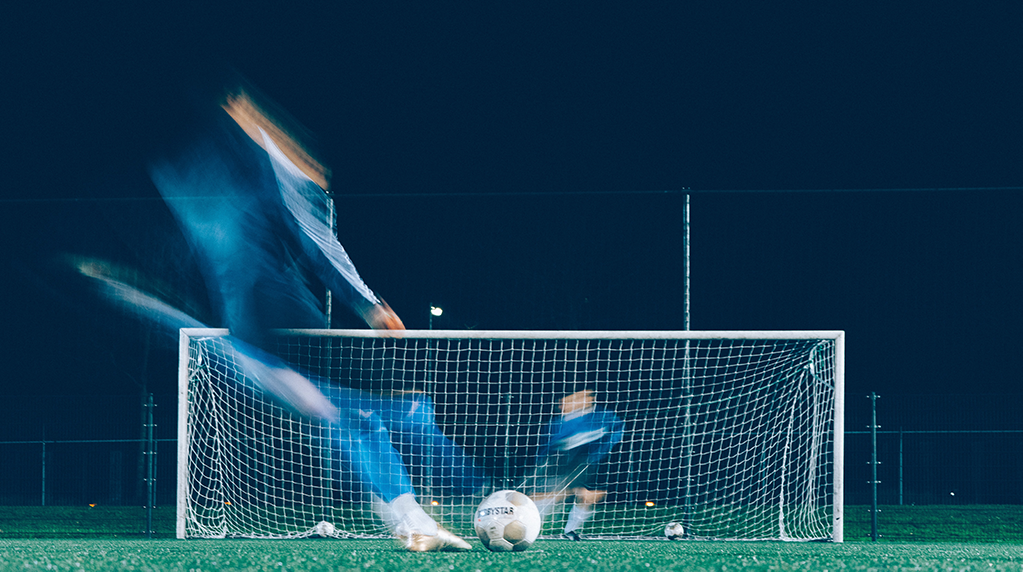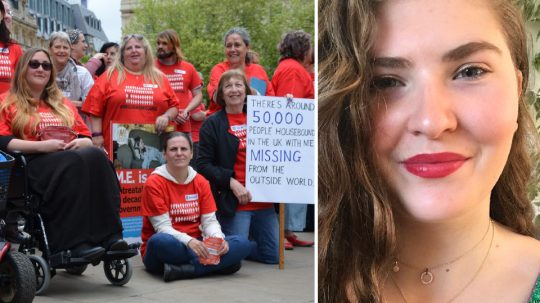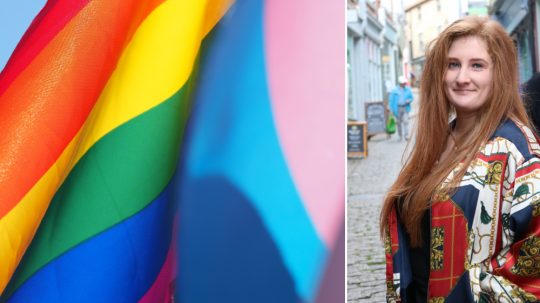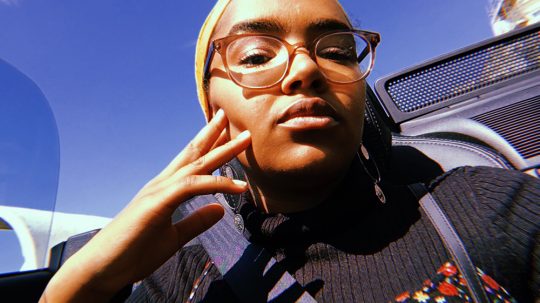In 2020, plenty of unhelpful speculation and gossip continues to be afforded to the topic of sexuality in men’s professional football. It is often asked: why are there currently no openly gay professional players? How many are there? Will any come out? What will the reaction be?
Football is still a sport struggling to fully escape the grips of its ugly hooliganism days; a minority of fans choosing to get boozed up and throw obscenities and punches instead of enjoying the self-acclaimed beautiful game in front of them.
But is it fear of abuse from the remaining thugs that is stopping gay footballers coming out? That seems to be the most common reason offered by Football Association leaders, but I think it’s deeper than that.
A sweeping look across social media reveals a multitude of ugly comments in response to any mention of equality for LGBT people in the game. Men’s football reflects society, and some of the more vocal sections of society still seem unready for a top-flight gay footballer.
We only need to look at the one example of an openly gay professional footballer in the top divisions; the tragic story of Justin Fashanu, who took his own life in 1998, and you can instantly see the impact homophobic bullying and taunting can have on an individual.
Although he played in the late 1990s, which some commentators would say was a different era, a 2016 survey of more than 4,000 people found that 51% of football supporters had heard homophobic abuse chanted at matches. Meanwhile, research carried out by LGBT charity Stonewall in 2018 shows that only 25% of people are comfortable calling out LGBT abuse in sport.
While football remains so greedy, for trophies and for money, equal rights will always take a back seat. We’ve seen it with racism; the most the Premier League can muster are meaningless slogans written on t-shirts. The same occurs when it comes to homophobia. Football, as a whole, does not consider equality a priority.
Some gay players have said they won’t come out as they believe their clubs or managers will not support them if they do, possibly amid fears of having a divided team. The changing rooms of top clubs possess a melting pot of cultures, attitudes and religions. Managers spend millions of pounds concocting the perfect recipe. All it needs is for one player to reject a gay teammate and that recipe could be turned upside down. It is feared the squad cohesion that clubs so desperately look for could disappear, and poor results will surely follow.
I spent the majority of that time worrying about my teammates and my coaches finding out my secret of being gay, rather than concentrating on my game.
Tom Carr
Clubs are not the only ones at fault. There needs to be more representation in the governance of the game. This issue won’t ever be considered important until a number of people come in who have experienced what it’s actually like to be outcast, and change the status quo.

Homophobic rhetoric is spread widely by fans and players on social media. Credit: Unsplash
Albeit 15 years ago, and at academy level, I was on the books of a professional club. I spent the majority of that time worrying about my teammates and my coaches finding out my secret of being gay, rather than concentrating on my game.
I often wonder whether it was the hiding and the worry that prevented me from progressing. In some ways, I’m glad I didn’t pursue that career. It takes a monumental amount of sacrifice to “make it”.
Would I throw away all of that sacrifice to be the person to come out? To throw away a life’s work? To be the man to make a change? You wouldn’t wish that choice on anyone.
To be able to challenge such behaviour in stadiums is a brave act. Until we can stand up and be counted – like the players of Bristol’s Shipham AFC, who walked off the pitch this month after a rival team member allegedly hurled a homophobic insult – people will think they can continue to get away with prejudice.
This gluttonous sport cares more about the pound signs than the emotional wellbeing of its participants. It has more than enough resources to tackle this issue, if only it had the will. For as long as the pursuit of profits and silverware continues to trump the pursuit of equality, it’s going to take an exceptionally brave individual to risk an entire life to change that.
The views expressed in this article are those of the author and do not necessarily reflect the views of EachOther.
About ‘The Inspired Source’ Series
This pilot series is part of our work to amplify the voices of aspiring writers that are underrepresented in the media and marginalised by society. Each piece examines a human rights issue the author or their community is affected by and preferably have a position on how we might begin to address it. This is a brand new series, so we are likely to adapt and refine it as things progress. Find out more about the series and how to send us a pitch on this page.






